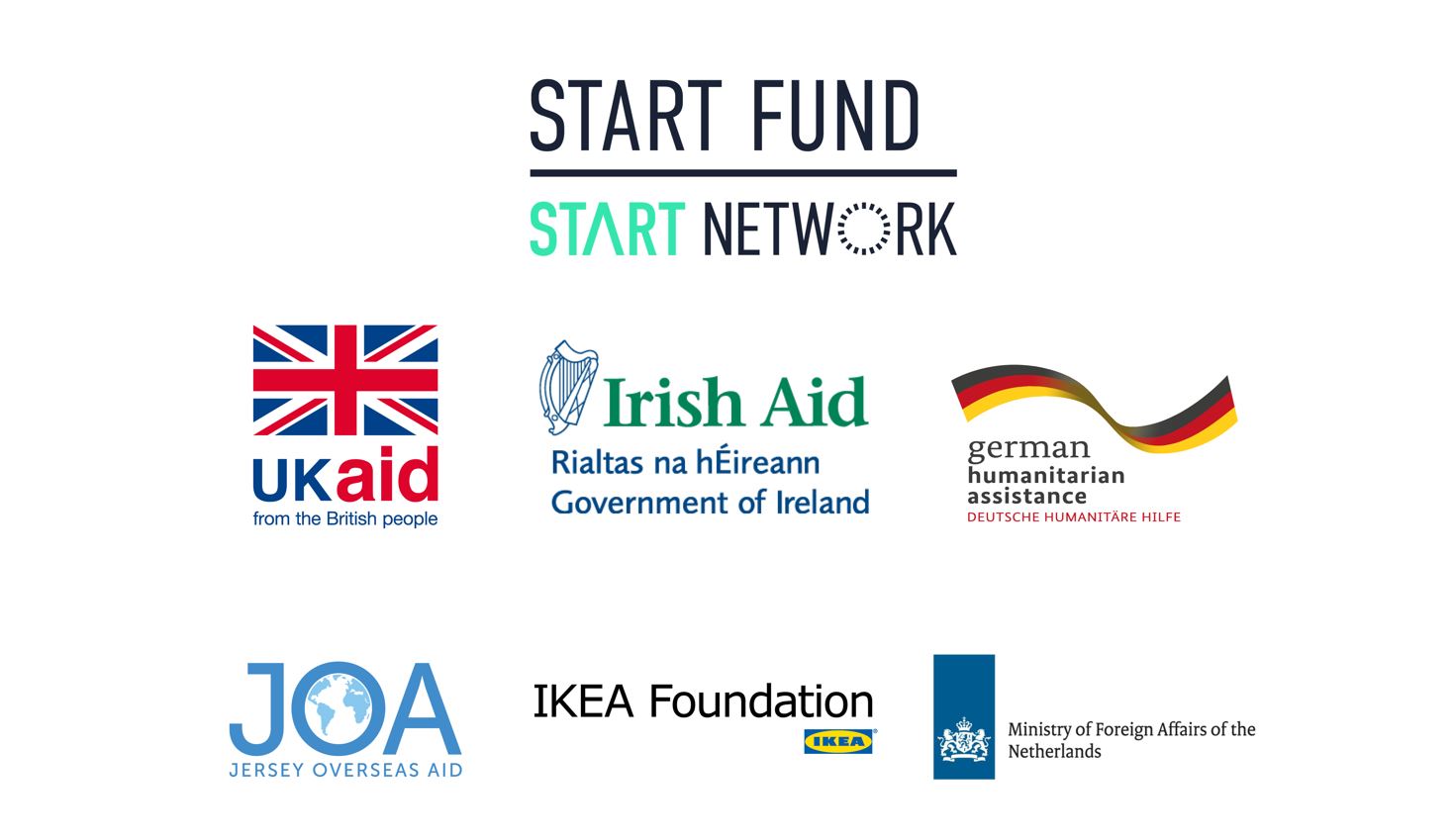Humanity & Inclusion (HI)’s teams have begun implementing actions to support people impacted by the explosion. Focusing on rehabilitation and psychosocial support, our teams will be working in partnership with other organisations and the Freetown city authorities over the coming days.
Rehabilitation activities and psychosocial support
Besides emergency care, people impacted by the explosion will need psychosocial support. When people experience a traumatic event on this scale, victims and their families need help to overcome their pain and the impact of the accident.
“We plan to assist people affected directly and indirectly by the disaster. Psychosocial support and rehabilitation care are among our main priorities. HI will help victims overcome the disaster and build their resilience,” says Pauline Ducos, HI’s director in Sierra Leone. “Social workers from our partner organisation will reach out to each victim and their family, listen to them and refer them to specialised services, if necessary.”
HI also plans to develop targeted rehabilitation activities. Burn victims risk developing joint contractures and difficulties with movement. Sierra Leone has extremely limited capacity to provide rehabilitation care for serious burns victims.
HI’s work will include:
- Psychosocial activities: individual and group support; paying the wages of psychosocial staff members
- Rehabilitation care for burn victims: physiotherapy sessions; patient follow-up; covering transport costs.
- Training organised with health staff.
Assisting the most vulnerable
HI’s teams were working in Freetown when the explosion occurred and immediately started evaluating needs on the ground. People impacted by the disaster include at-risk groups such as children, older people, and people with chronic diseases.
Through its work, HI will provide support to some two hundred victims of the explosion, the families of the 144 people who died in the accident, and 1,172 indirectly affected members of the community along with some fifty health professionals.
HI's activities were made possible by support from the Start Network.





